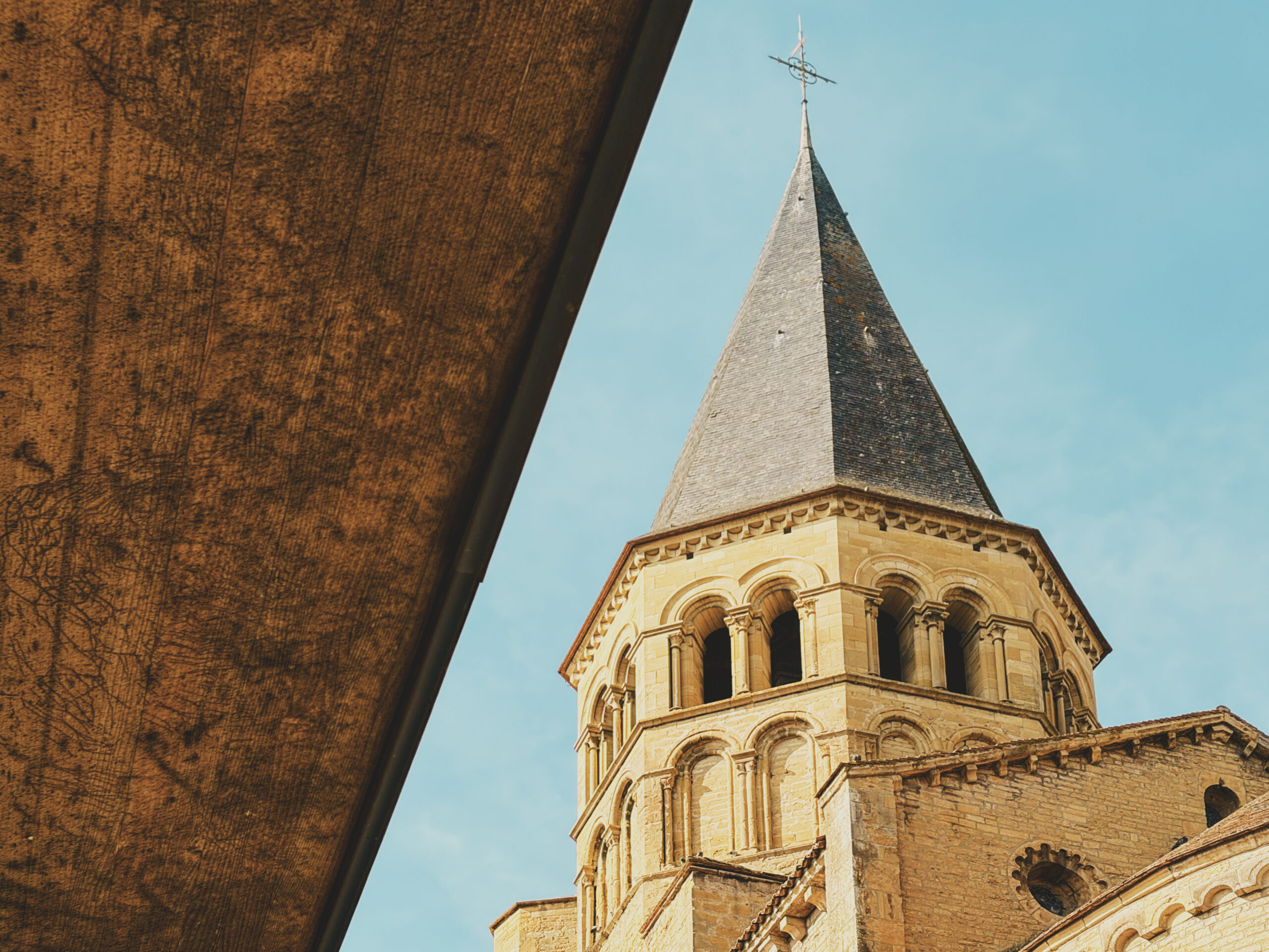I might have spent more time reorganizing my library than actually reading this week. I’ve never been a fan of the concept of an “antilibrary”: i can’t afford to keep more unread than read books, i don’t need to be reminded of the limited time i have left to read so many books, and i certainly don’t think the number of books i haven’t read yet is a good measure of my humility and curiosity. It’s a bourgeois idea if ever there was one.
This is why i weed out books, read or not, with merciless ferocity. I want my library to be as small as possible precisely because it’s a tool for research, even if it’s the simple quest for pleasure, and i don’t want to mistake the hammer for the nails. As long as i live and breathe, my library will be a living and breathing thing. The last thing i want is a cemetery for my past or imagined selves.
Links
Here are some links for your consideration:
- “Reversion to the Mean” by Chris Krycho
- “Beyond the Machine: Creative agency in the AI landscape” by Frank Chimero
- “Measured AI” by Gina Trapani
- “The will of the paper” by Ratika Deshpande
Music
It’s Always About Love by Ancient Infinity Orchestra. The Ancient Infinity Orchestra is a 15-member ensemble with two (!) double basses, a cello, clarinets, congas, a drum kit, flutes, a harp, a mandolin, an oboe, a piano, saxophones, a viola, a violin, and assorted percussion instruments “scattered on the floor of live sets and recording sessions, ready for members to use whenever the spirit takes them”. On It’s Always About Love, it’s joined by the 26 members of The Ancient & Infinite Community Choir. This is a recipe for disaster, even more so when it’s billed as “spiritual jazz”. Spiritual it is: you can feel the energy in the room and it’s infectious. But jazz? Not quite — it uses jazz harmonies, but it’s deeply rooted in traditional European music, and it’s beautiful.
Dragon of the South by Russell Hall. Dragon of the South is pretty much the opposite. It’s more than jazz — it’s every kind of music, from every corner of the world, that stems from blackness. It’s “harmony, bebop, culture, Africa, sounds, raging, absolute savagery, and tender moments”, says Hall, “a good glimpse into my madness and my sadness”. It isn’t easy listening, but it’s deeply rewarding if you can get into the groove. I’m not sure i’m there yet, but i definitely want to keep listening.
Podcasts
Ad-free podcasts from The Verge. Good news: ad-free versions of The Vergecast and Decoder are finally available for The Verge subscribers! I’ve been a bit disappointed by Version History, their new show “about the best gadgets ever”, however. I don’t mind the talk show format, overdone as it is, but i can’t bear the obvious lack of planning and subject knowledge. The Sony Watchman episode, in particular, was painfully undercooked.
Things
iPhone 17. The iPhone 17 is the first iPhone i’ve bought for myself since the iPhone 6. I still can’t believe the base model now costs almost €1,000 — a price increase of more than 15%, adjusted for inflation, in ten years. It’s a fine phone with decent battery life and a great screen, but i miss the bigger sensor and the 5× lens from the iPhone 16 Pro i was using at work. I’ll be sure to pack a proper camera when i’m out and about. This isn’t exciting tech, which is exactly what i need at this point. I can’t be arsed to care about what Apple et alii are doing.
Travel
Paray-le-Monial (France). Located in the heart of the Charolais countryside, Paray-le-Monial would be one of the 36,000 indistinguishable French towns if not for its Romanesque basilica. Dedicated to the Sacred Heart of Jesus, it’s a jewel of Clunisian architecture flanked by a lovely cloister, one of the few places where you can imagine what the Cluny Abbey looked like before it became a quarry.

The chapel of the Visitation, where Christ is said to have appeared to Marguerite-Marie Alacoque, is rather pedestrian in comparison. The whole complex was overshadowed by a breathtaking Pistacia chinensis that seemed to have set the central square on fire.
